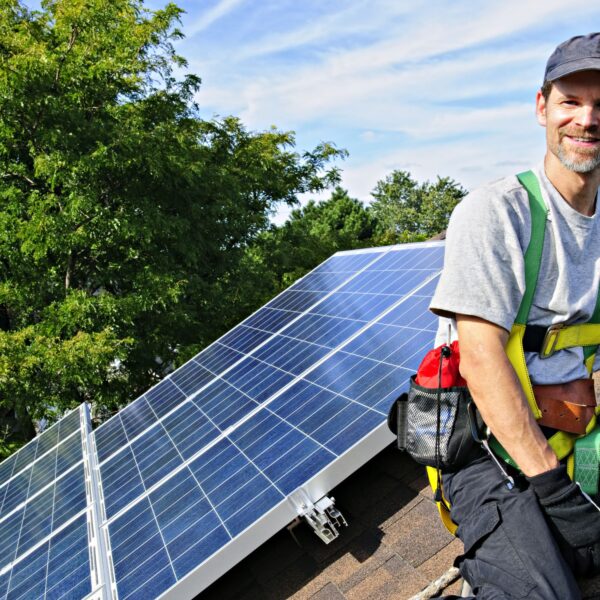Compare Solar Panels Installation Quotes From MCS Approved Installers
✔️ Fast Solar Panel Installation
✔️ No-Obligation Quotes Near You
✔️ MCS Approved Installers
⏲️ Takes about 45 seconds flat!

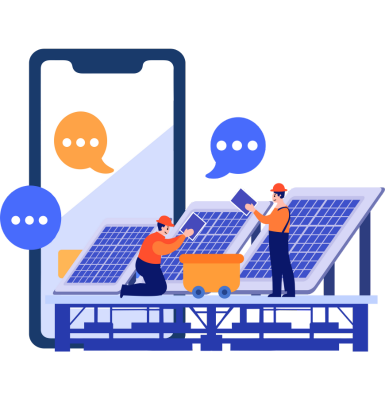
Safe & Certified Solar Panel Installation
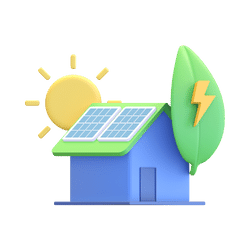
No-Obligation Solar Panel Quotes
Compare solar panel quotes and if your happy to buy – go ahead.

MCS Certified & Approved
Quality installation by Approved MCS solar panel installers
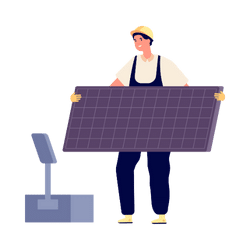
Avoid Cowboy Solar Installers
The solar installers you’ll find here have been around for 5 years+.
UK Solar Panel Installation Cost Guide 2024
A comprehensive guide to solar panel installation for homes and businesses
In an increasingly green-conscious world, the allure of renewable energy sources like solar power is undeniable. Still, the perceived high installation costs can often deter those considering taking the sustainability leap.
- SolarNut estimates that the average cost of solar panels in the U.K. ranges between £4,900 and £6,200 for a standard 4KW residential solar panel installation.
- The cost will account for the panels you fit, either monocrystalline or polycrystalline or thin film solar cells, a chosen solar inverter, roof mounts, and installer labour costs.
- Installation prices can vary depending on the property, i.e. residential or commercial, and the size and type of fitted panels, and right now, you’ll pay a high upfront cost.
Are there hidden costs?
There should be no hidden costs, but there are other costs involved that the complexity might also impact; for instance, installations on more complex roofs or integrated systems for commercial solar panels could command higher solar panel engineer labor costs.
Is there help with installation costs?
In the U.K., you can jump on government-backed incentives, such as the Smart Export Guarantee (SEG) scheme, that can help offset your solar panel installation costs. The scheme provides payments for excess solar energy exported back to the national grid, which is excellent for making money with your newly fitted systems if your system is big enough.
We’ve done our homework so you don’t have to, and we’ll cover everything about solar panel installation in our Solar Guide.
At any time throughout this guide, we can help you with quotes by clicking any of the quote buttons you see on the page.
What are solar panels?
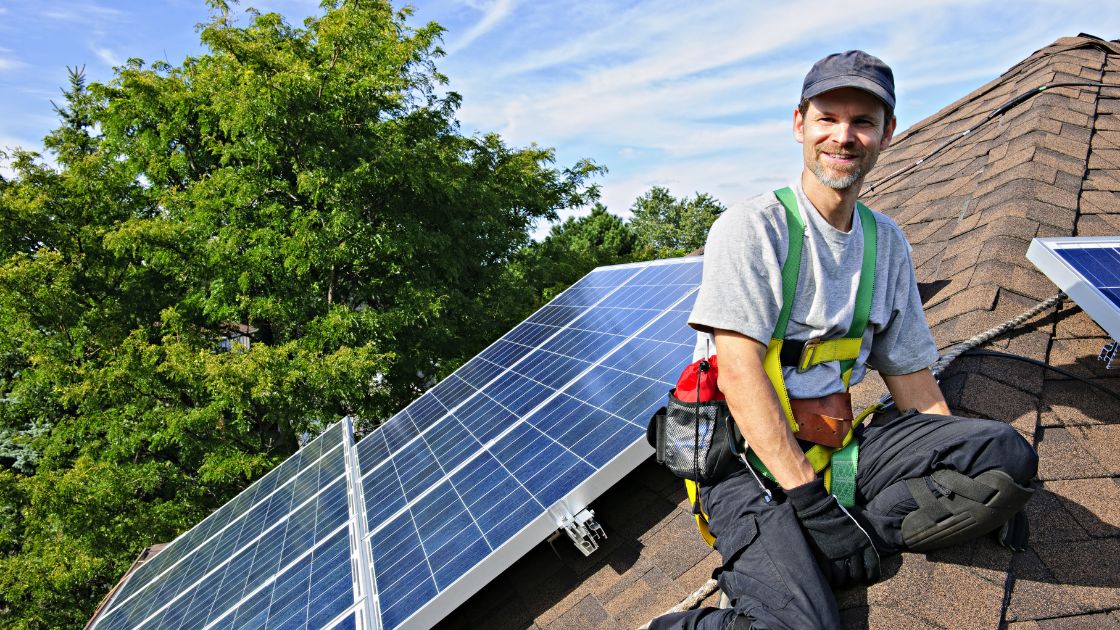
Solar panels, or photovoltaic panels, are a solar technology that converts sunlight into electricity from our “yellow dwarf star” (Our Sun). Did you know that the Sun is the closest star to the Earth, and solar energy was discovered nearly 200 years ago in Earth years by the French physicist Edmond Becquerel?
Solar panels typically comprise numerous photovoltaic cells composed primarily of silicon, an excellent semiconducting material used in various applications, including space exploration.
How do solar panels work?
Photovoltaic cells on the actual panel work by utilizing the photovoltaic effect, wherein in physics, photons from our yellow dwarfs light knock free electrons from atoms in the silicon within the panel itself, inducing an electric current and powering your property with free electricity.
All types of artificial solar panels function by gathering sunlight in these solar cells, converting the sunlight into electricity and then directing that electricity either to a given electrical system immediately or storing the power generated in solar batteries.
Or it can be used by the grid to supply other demands like powering more properties all over the U.K.
The brilliant part about this transformation of solar sunlight into solar energy is a process that involves no moving parts or emissions, making solar panels a clean and reliable power source just like electric cars provide the buyer with less maintenance, saving you more money in the long haul.
Are solar panels worth the investment?
In 2024, there will be a substantial upfront cost for solar panel installation in the U.K., but it can be worth it if your property and your newly fitted solar system work well together. What we mean is that your roof is wide open to direct sunlight with no trees or anything else blocking the sunlight from getting to your panels.
If you live in the sunniest city in the U.K., Eastbourne, it gets around 8 hours of “Bright” sunlight per day; you are doing well and will generate the maximum energy your solar panel system can produce. But don’t panic because good solar panels can produce electricity without direct sunlight, but you want the Sun shining bright in all cases.
And, of course, we’re not in Australia here, so we’ll take what we get from what the Sun generates, which adds up to money in your pocket.
How many solar panels do I need?
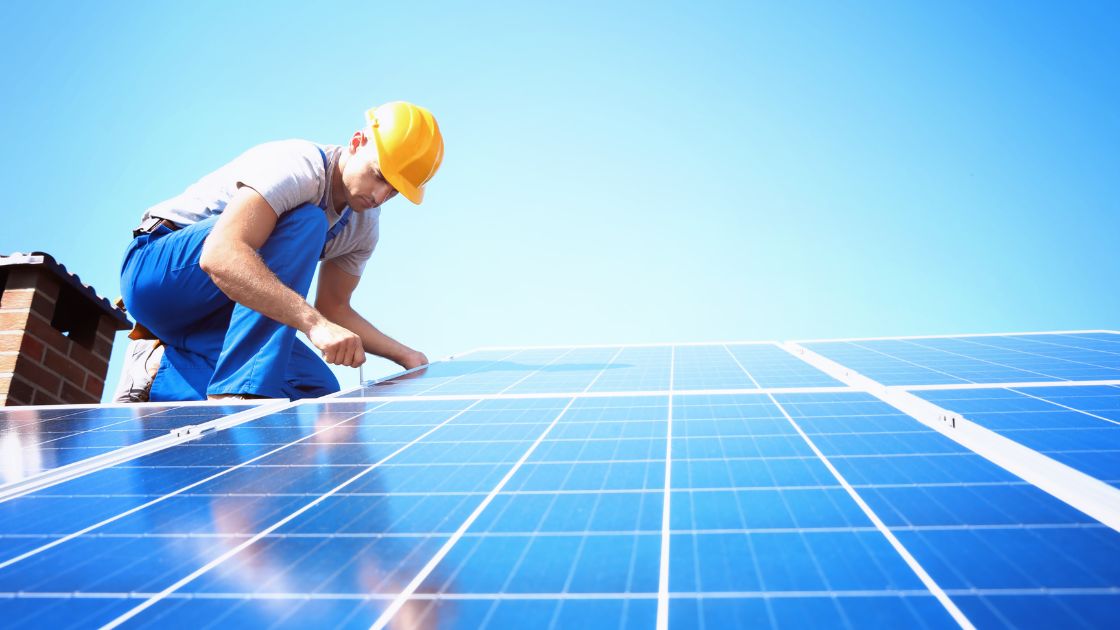
Good question.
The number of solar panels needed for your residential home or commercial property largely depends on your current electricity usage. On average, a 3 to 4-bedroom home in the U.K. uses around 3,100 kWh of electricity per year (that’s an average figure and could be more with larger families), requiring roughly 11-16 solar panels.
As we discussed in the section, How do solar panels work? Other vital factors to consider include how much sunlight our yellow dwarf (the Sun) gives your solar system daily with direct sunlight and good roof clearance. There’s the size of your roof and your intended offset of energy costs (your current electricity cost).
More sunlight and a more extensive roof equate to fewer solar panels that need to be fitted while wanting to offset more considerable energy costs means more panels fitted. Is that simple enough?
Lastly, bear in mind that the strength and quality of the manufacturer of solar panels can vary, so consider the wattage of the panels you’re purchasing with your solar panel installer.
This might be obvious to some people, but the higher wattage solar panels provide more electricity, reducing the number of panels that you need to buy. It’s best to talk to a solar panel installation professional for precise calculations and use SolarNut’s free quote service to do that for you.
You can do that here – click here to start your FREE solar panel quote.
How are solar panels installed?
Solar panel installation process: Solar panel installers supply the system, then install by first putting up roof racking or mounting systems on the roof, which will hold the panels and prevent them from coming loose in bad weather and killing someone, God forbid.
The panels are then affixed to these racks on the roof and fixed together in a series or parallel, depending on the installation design your solar installer uses.
- Connection to the grid: After the system is secured and fitted properly to your roof or other area, the system is connected to a solar inverter, which converts the solar power into usable electricity for your home or business.
- The solar inverter also connects the solar panel system to your main electricity grid, enabling your home to use solar power, feed any unused solar energy back into the grid, and get some money back from the grid for a change.
- Materials used: A UK solar panel engineer will require a handful of quality and long-lasting materials to install solar panels. Among these solar materials are the solar panels themselves, along with mounting hardware (brackets) to secure the panels to the roof or the ground, the solar inverter we spoke about above just you to convert the obtained solar energy, and various sensual electrical supplies like wiring, solar fuses, and sometimes solar batteries for storing excess power if you go down that line.
- For safety and efficiency on the job. Solar panel installers also use photovoltaic testers for reporting on solar panel installations and thermal multimeters for measuring non-linear signals. Another important tool solar installers use is a digital multimeter to check solar panel voltage to make sure power is being generated after installation.
- For smooth execution of the tasks, they use different safety solar installation equipment, power drills, a spirit level, a stud finder to make sure they cause no damage, and possibly scaffolding in most cases.
How efficient are solar panels after installation?

- Solar Efficiency: Nowadays, modern solar panels are much more efficient than they used to be in 2024 compared to 20 years ago. On average, solar panels have a very good efficiency of about 15-20%, and that’s good going. We’re talking about the amount of direct sunlight bouncing off the panel that can be converted into usable electricity to make your power.
- Some premium-made solar panels, like monocrystalline panels, can achieve efficiencies of over 20%. Ask your solar panel installer for a rundown of the panels they offer you when you’re talking to them.
You can get a solar quote here and talk about what panels you want fitted – click here for a solar quote now.
- Impact of Dull Sunlight: Do you know that solar panels do work in dull, cloudy conditions and indirect sunlight, but the power the panels output is much less compared to bright, direct sunlight? Of course, but you have to take the good with the bad, as in life. That said, they do not stop producing energy altogether; no way, they simply produce less than what they would under optimal conditions, so just be aware of this and check your generated power annually, making sure that your panels are working to optimum efficiency.
- Minimized Power Loss: A good solar panel installation company that can be provided by SolarNut ensures that panel power losses (from shading, dirt, inefficient inverters, etc.) are as small as possible, and any loss will be explained to you before and after installation. Advanced technology like microinverters and power optimizers could also used to maximize energy production from your newly fitted P.V. panels, even in less-than-ideal sunlight conditions like we talked about earlier.
Why don’t you let SolarNut handle your solar panel installation job – compare prices from local installers and get an installation date as soon as weeks, not months.
START HERE
Do you need planning permission for solar panels?
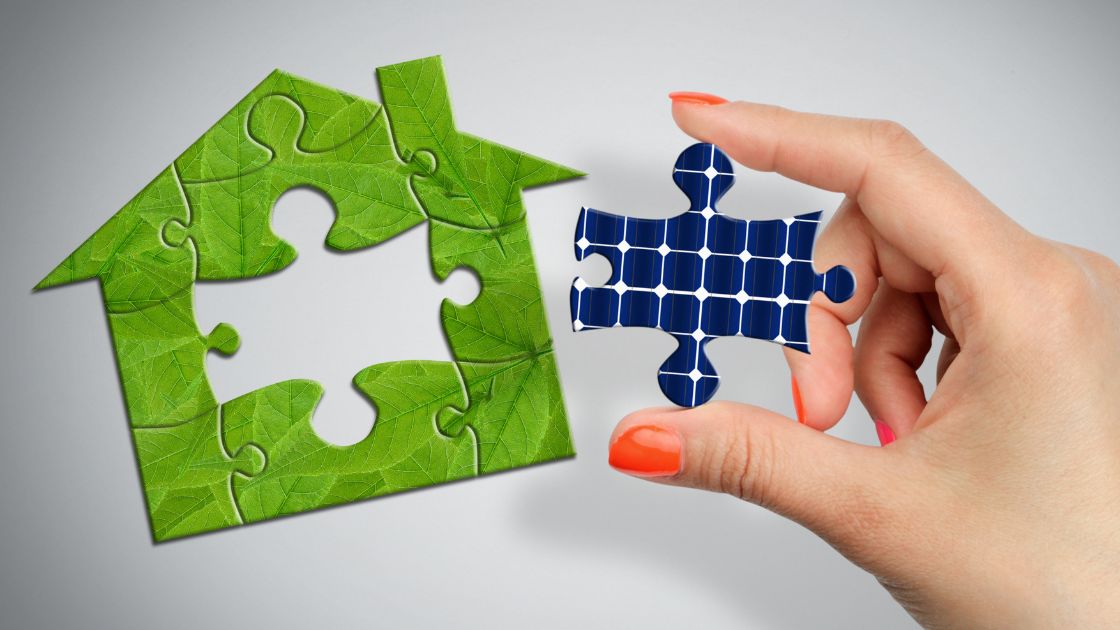
- Hey, No Planning Permission Required: The government opened the doors here; you do not require planning permission to install solar panels on your roof in the U.K. and thank God for that one. In some cases, you may have to, but this is generally considered a ‘permitted development’, barring any drastic changes or accommodations being made in a conservation area if you live in one that is.
- Some Exceptions: You will need to get down to the council and apply for planning permission if the building is located in a conservation area or on a World Heritage Site and the panels are to be fitted on the principal or side elevation and visible from the highway. If the building is listed or within the curtilage of a listed building, or the installation exceeds the highest part of the roof (excluding the chimney), then you will need planning permission, too.
- Cost of Solar Planning Permission: If you need to apply for solar panel planning permission in the U.K., the cost can vary depending on the council you come under, whether it’s London or Scotland, and the specifics of the application you make. It usually costs around £206 for permission for householder developments, and it should not be much different price-wise moving on after 2024. It is, however, recommended that you always check with your local planning authority to get a more accurate estimate.
How much does the installation of solar panels cost?
- Cost of Solar Panel Installation: The cost of installing solar panels from city to city around the United Kingdom can vary greatly depending on the size of the system you install, the type of panels you buy, the structure of your roof on your home or your commercial property, and more which we cover in this solar panel guide. SolarNut calculates, on average, that a 4KW residential solar system in the U.K. can range from £4,900 to £6,200, give or take.
- Solar Panel Installation in London: Due to the higher cost of living and operational costs in London for labour, solar panel installation in London could be slightly more expensive than everything else in London. However, an average-sized system (4kW) will likely cost between £6,500 and £8,500 with varying costs like VAT and perhaps the cost to remove a tree that’s blocking direct sunlight.
- Solar Panel Installation in Scotland: In Scotland, the costs for installation of a similar 4kW system could be relatively lower compared to London or Birmingham, averaging between £5,000 and £7,500. But again, the price is based mainly on labour charges; these estimated costs can vary based on individual solar panel project specifications.
Always get several local solar panels quotes from SolarNut to ensure that you are getting the best deal.
Solar Installation Benefits
Paying for installing solar panels in the U.K. provides several long-term benefits for people, and you see that in your pocket. For starters, solar power is a great way to reduce both your carbon footprint and dependence on fossil fuels like coal and gas, and it saves you buying energy from the National Grid.
And installing solar panels helps the U.K. get out of its dependency on Russia, thereby contributing to environmental conservation efforts the world is also trying to achieve.
Elon Musk at Tesla is helping make the world a place where energy is free or cheaper for everyone. Solar panels convert solar rays from our yellow star in the sky into electricity for your home, a process that releases zero carbon emissions, which the U.K. needs because of the rising price of gas and electricity.
Secondly, in the U.K., despite its reputation for cloudy weather, which is not ideal for solar panels, we do get a fair amount of Sun, particularly from March to October – enough to warrant the installation of solar panels, so your investment is justified. Even on overcast days, solar panels can still generate a lot of electricity.
Can I Save Money on My Utility Bills?
Now, concerning the matter of whether solar panels can save you money on electricity bills in the U.K. The honest answer is yes. It’s simple – the more energy your solar panels generate, the less electricity you’ll have to buy from your utility company and, consequently, the lower your bills.
If you want a solar quote, let SolarNut help with that by getting a free quote now. A solar panel system is a robust system (less maintenance) with a lifetime typically lasting over 25 to 30 years if cleaned every year and you look after them. This means continuous electricity production and savings in the long run with a big smile on your face.
Also, with the Smart Export Guarantee (SEG) in place in the U.K., households and U.K. business owners can even earn money by selling any excess solar energy they generate back to the grid and receiving a BACS payment every month.
The Upfront Cost of Solar Panel Installation

Of course, cash in the bank matters to you, but leaving it sitting there when you can invest in something that makes money is a no-brainer, and yes, the initial cost of the solar panel system is an important decision to make to consider.
Nonetheless, the drop in solar equipment prices over the years, coupled with government subsidies, the prospect of long-term savings, and the opportunity for added income via the SEG, make it a worthwhile investment and a lot of people.
More and more people are jumping on board so why not join them with SolarNut and let us do the dog work for you with a free quote today – do it now.
Tax benefits or solar installation grants might also offset the cost further. Therefore, not only can you save money on electricity bills with solar panels, but you can also wipe your utility bills for good by installing the right equipment throughout your home, making it energy-efficient for the coming years.
How Long Does It Take To Get My Money Back With Solar Panels?
– The payback period for solar panels largely depends on various factors such as the cost of the system and the size of the system you install, then the amount of sunlight your location receives each day, and the price of electricity from your utility company. Typically, homeowners in the U.K. usually see a full return on their solar panel investment in about 8 to 13 years, give or take SolarNut estimates.
– With the Smart Export Guarantee (SEG) in place, the payback period could potentially be shorter. This is because the SEG allows you to earn income by selling the excess solar energy you generate back to the grid, thereby offsetting the cost more quickly.
– The decrease in solar equipment prices in the years following 2024 and the availability of government grants you can apply for can also shorten the payback period by a few years.
Tax benefits or more grants might also be available to further offset the cost in the next coming years as solar power reaches a point where people are installing solar panels, just like the way people went broadband mad around 25 years ago when United Artists dug the ground up installing fibre optic cables to bring the internet to the U.K.
Remember, after the initial payback period, the electricity generated by your solar panels is essentially free and you can sell it, leading to considerable savings for the next 25 to 30 years of your life and your children’s lives.
Do I Need Solar Batteries As Well?
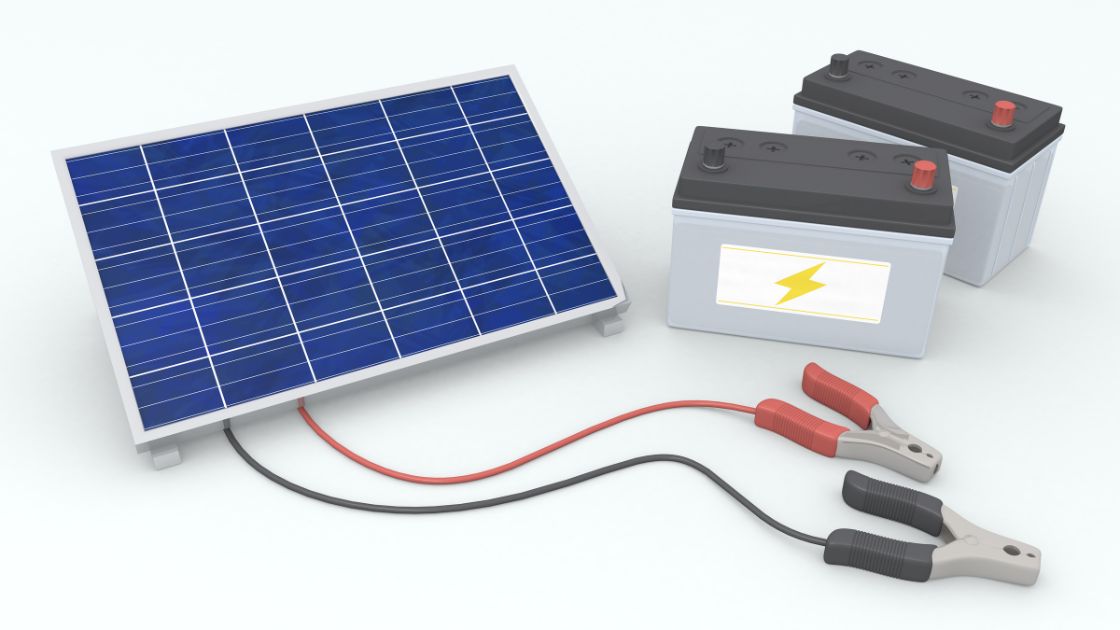
Solar batteries can make your life a bit better, especially if you have a power cut during the night. You are right during the day as solar panels will still produce electricity, but with no sunlight, they are dead as doornails. If you upgrade your radiators and your central heating and install heat pumps, then solar batteries are a good idea. They are expensive, but they are worth every penny we may say here at SolarNut.
– The necessity for batteries depends on your energy usage, the size of your solar panel system, and whether you are connected to the grid. If you live in an area with frequent power cuts or if you are off-grid, a solar battery backup might be quite beneficial to you, and SolarNut can help you find the right solar installer to help you with panels and a battery system – do that here.
– While solar batteries can provide independence from the grid and add resilience, they significantly increase the cost of a solar panel system by a lot, as one battery can cost from £700 to £1,100 depending on the brand of solar battery you install. Therefore, it’s important to analyze costs with the help of SolarNut’s solar guides and learn the benefits of solar power before deciding on their inclusion in your solar setup.
Are solar panels right for me?
– You must have a fair idea if solar panels could be a good fit for you, and if your property receives adequate sunlight beating on your roof throughout the year and you have enough roof space, usually, you get away with it. For maximum power efficiency, solar panels require direct sunlight for most of the day throughout the year, and even in the winter, the Sun is out making solar waves.
However, as we said earlier, they can still work on cloudy days or in partially shaded areas with reduced efficiency, but it’s not an ideal situation.
– If you are looking for a long-term investment that can help you reduce your energy bills and increase energy independence, solar panels could be the right choice for you. While the initial setup cost can be high, from £5,000 and upwards, the savings over time can offset this large cost.
– Before you decide on installing solar panels, make sure to assess your energy needs and evaluate factors such as the suitability of your roof, local grants, and the availability of any government incentives or tax breaks for business solar power in your area.
Solar Panel Calculator
Get a solar panel quote from MCS installers near you
Are You Ready To Give Us A Go?
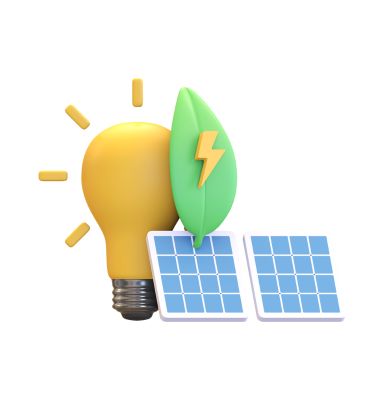
1. Compare Solar Quotes
Use our “easy” 30 fast solar panel installation project form to get quotes from MCS Approved solar installers near you.
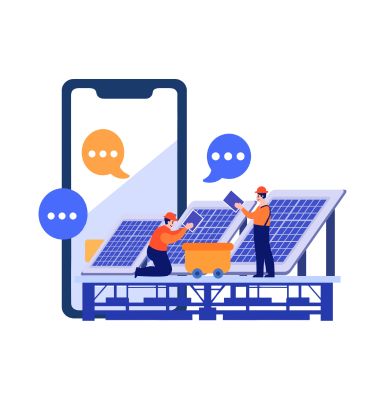
2. Receive Solar Quotes
From there we’ll get cracking and put you in touch with local solar companies who can help you get your project started.
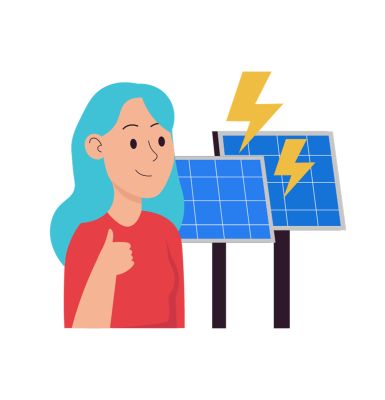
3. Choose An Installer
And then after your talk through with a competent installer, you and them can organise a fast solar installation date.
The Average Cost of Solar Panels 2024
Solar Panel Costs 2024
These figures are based on excellent solar conditions and without solar batteries. Get a solar quote and see the actual installation cost of your solar panel system.
1 KW Solar Panel System
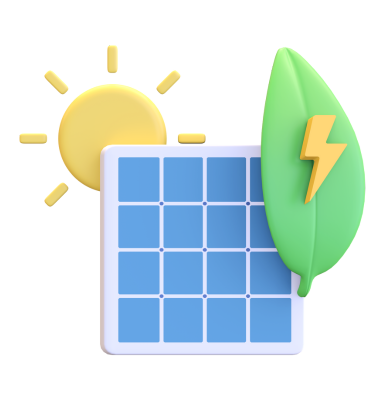
On average, a solar panel produces between 250 and 300 watts of power. Therefore, to create a 1 kW solar panel system, you would indeed need about 4-5 Monocrystalline solar panels, and each panel is around 250 watts.
- Estimated annual generation of 750-850 kWh of electricity.
- You need about 4-5 solar panels around 250 watts.
- Save up to £350 to £500 per year with a 1 kW system to cover their entire home’s electricity usage.
Estimated without VAT
2 KW Solar Panel System
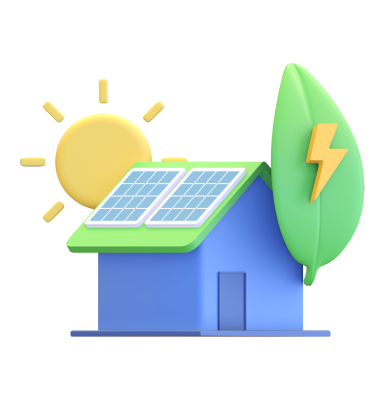
A 2kW solar panel system, not accounting for any potential shading or orientation issues, might generate around 1,700 to 1,800 kilowatt hours of electricity per year in good solar conditions.
- Estimated annual generation of 1,700 to 1,800 kWh of electricity.
- You need about 5-6 solar panels around 400 watts.
- Save up to £450 to £850 per year with a 2 kW system to cover their entire home’s electricity usage.
Estimated without VAT
3 KW Solar Panel System
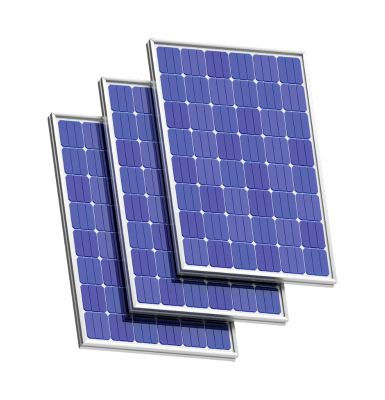
A 3kW solar panel system can indeed be a great investment for homes with approximately 2,500 to 2,700 kilowatt hours of electricity per year and could replace your electricity bill in a small home.
- Estimated annual generation of 2,500 to 2,700 kWh of electricity.
- You need about 6-9 solar panels around 400 watts.
- Save up to £650 to £1000 per year with a 3 kW system to cover their entire home’s electricity usage.
Estimated without VAT
4 KW Solar Panel System
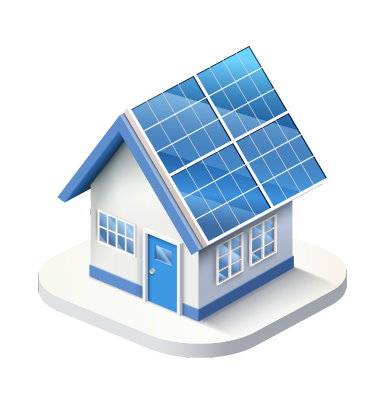
A 4kW solar panel system generally generates about 3,400 to 4,600 kilowatt hours of electricity per year and perfect for larger homes. SolarNut notes you remember that this amount can vary based on several factors, including the location of your solar panels, the tilt and orientation of the solar panels, and of course the amount of sunlight the location receives, and the efficiency of the your solar system.
- Estimated on 4kW – annual generation of 3,400 to 4,600 kWh of electricity.
- You need about 8-10 solar panels around 400 watts.
- Save up to £800 to £1100 per year with a 4 kW system to cover their entire home’s electricity usage.
Estimated without VAT
5 KW Solar Panel System
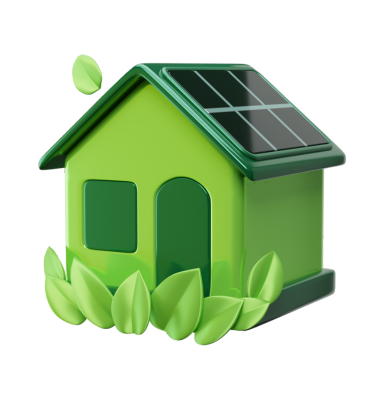
SolarNut estimates, a 5 KW solar panel system in the US generates an average of 16 to 20 KWh per day. The solar power output of a 5 KW solar panel system varies based on several factors including the city you live in, wither it be London or Scotland, hours of daily sunlight in summer and winter, and the angle and direction of your panels.
SolarNut’s research says the size of a solar power system is measured in kilowatts (KW), indicating the amount of electricity it can generate under optimal conditions. For example, a 5 KW system can generate 5 kilowatt-hours (KWh) of electricity per hour under peak sunlight.
- Estimated annual generation of 5,840 to 7,300 kWh of electricity.
- You need about up to 12+ solar panels around 400 watts.
- Save up to £1,100 to £1,500 per year with a 5 kW system – after solar panel installation.
Estimated without VAT
6 KW Solar Panel System
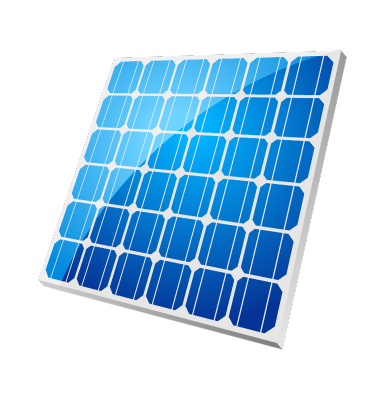
The power output of a 6 KW solar panel system will fluctuate based on several factors, just like with the 5 KW system. These include good panel location and getting direct sunlight right in to the panel with no obstacles in the way life trees and large buildings over towering your home. As an estimate, a 6 KW solar panel system in the UK might generate an average of 20 to 24 KWh per day.
Benefits of installing a 6 KW solar panel system for homes are similar to the benefits of a 5 KW system, and include:
- Estimated annual generation of a 6 Kw solar system – 7,300 to 8,760 kWh of electricity.
- You need up to 15 solar panels around 400 watts.
- Save up to £1,050 to £1,300 per year with a 6 kW home solar panel installation.
Estimated without VAT
7 KW Solar Panel System
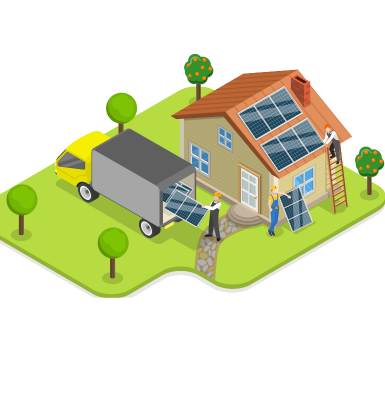
As for the power output, the actual energy produced can vary widely depending on a number of things such panel type, monocrystalline, polycrystalline or bifacial. Also panel orientation, shading, and weather conditions. SolarNut offers a rough estimate, in optimal conditions, a 7 KW solar improvement system can generate between 24 and 30 KWh of electricity per day.
Reduction in Energy Costs: The substantial energy production of a 7 KW system can translate to massive savings on home energy bills.
- Estimated annual generation of 8,760 to 10,950 kWh of solar electricity.
- You need up to 18 Monocrystalline solar panels around 400 watts.
- Save up to £1,300 to £1,800 per year with a 7 kW system to cover their entire home’s electricity usage.
Estimated without VAT
8 KW Solar Panel System
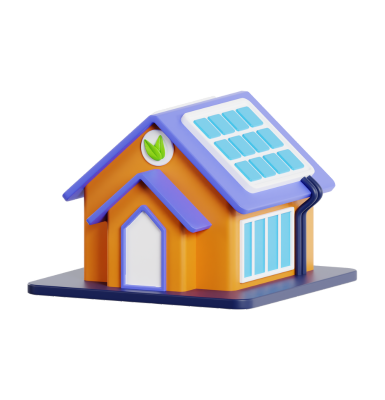
For power output on an 8kW solar system has a multitude of factors comes into play. These include your geographical, the panel’s orientation, sun shading, and if you live somewhere where the sunlight can’t reach you. On average, an 8 KW solar panel system can generate between 28 and 34 KWh per day under optimal conditions. However, it’s always best to consult with a SolarNut professional to perform an accurate assessment for any solar project.
Substantial Energy Generation: The 8 KW system is capable of producing a considerable amount of energy, meeting larger households’ requirements or small commercial setups.
- Estimated annual generation of 10,220 to 12,410 kWh of electricity.
- You need up to 30 solar panels around 400 watts.
- Save up to £1,500 to £2,000 per year with a 8 kW home solar panel system.
Estimated without VAT
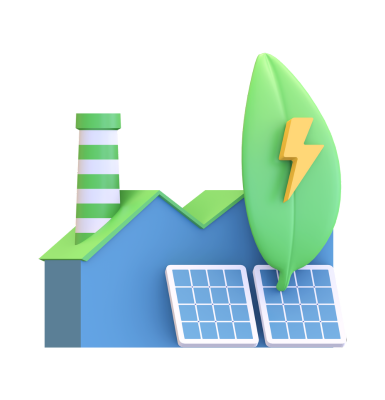
Commercial Solar Panels – 10 KW Solar Panel System
When we’re talking about 10 KWH solar panel systems and above, we’re really talking about what a business customer would look at. Large or small, install commercial solar up to 200 KWH and much more. In this situation, size does not matter here because you can get help with much larger systems with SolarNut as well.
In the UK, as of 2024, the commercial solar installation of a 10 KW business solar system costs approximately £22,600 give or take. While the initial outlay might sound steep, consider it a long-term tax-free business investment.
What to think about with commercial solar panels.
- What your upfront costs are, and how you can potential get get solar fitted real soon by financing options or just use your savings in the bank.
- You need to let SolarNut know the amount of roof or ground space available for solar installation and whether it meets necessary requirements, such as open space for direct sunlight.
- Understand your break even timeline so you know when your investment is accumulating.
Estimated without VAT
Why Buy Solar Panels?
3 Reasons Why You Should Install Solar Panels
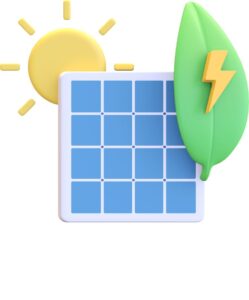
Save Up To £900+ Per Year After Installation
Saving depend on a few things, like the size of your solar system, shading, sunlight and exposure.
Overhaul you can notice the bills as soon as the system go’s live.
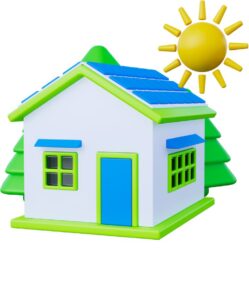
Money Back From Your Unused Energy
If you have a big enough solar panel system and you’re covering your energy needs and some, you can sell the leftover energy back to your supplier.

Increase The Value Of Your Home or Business
With your new solar panels fitted the value of your home also increases that’s why solar is a brilliant investment for homeowners and businesses in the UK.
Get Solar Panel Installation Quotes Near You!
We work with biggest solar installer network of solar panel installation companies. Find out yourself with a fast 30 second solar quote…

